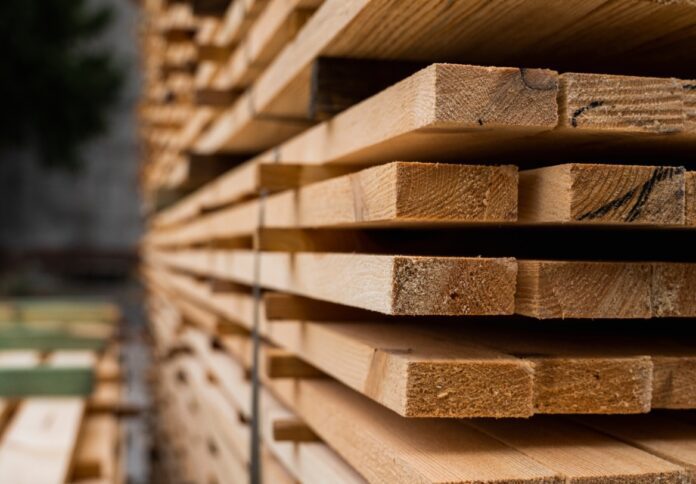
Australia’s wooden furniture and upholstered seat manufacturing sector has faced mixed conditions in recent years, with industry research firm IBISWorld reporting that demand surged during the pandemic but has since been subdued by rising import competition and cost pressures.
According to IBISWorld’s Wooden Furniture and Upholstered Seat Manufacturing in Australia report, demand peaked in 2020-21 as households increased spending on home renovations and upgrades during and after lockdowns.
Since then, however, manufacturers have struggled to sustain revenue growth amid an influx of cheaper imports, particularly from China, Vietnam and Malaysia, the report noted.
IBISWorld noted that these imported products are appealing to price-conscious consumers, who are dealing with limited discretionary income and higher living expenses.
With overseas manufacturers benefiting from lower production costs, the report stated domestic producers have found it difficult to compete in the mass-market segment.
Rising timber prices over the past five years have added to industry pressures, with IBISWorld reporting that manufacturers have often been reluctant to fully pass on higher costs in a market dominated by imports.
As a result, local manufacturing has increasingly shifted toward premium and bespoke furniture, catering to niche customers rather than competing directly with low-cost imports.
Industry revenue is forecast by IBISWorld to grow at an annualised rate of 1.0 per cent over the five years through 2025-26, reaching $4.5 billion. However, ongoing competition and household income constraints are expected to contribute to a 0.6 per cent decline in revenue in 2024-25.
IBISWorld also highlighted opportunities within upholstered seat manufacturing, particularly for public transport systems. Increased demand for sustainable transportation and government investment in rail infrastructure have supported production in this segment, offering manufacturers a pathway to steady demand outside the home furnishings market.
Geographically, the report found the industry remains concentrated along Australia’s eastern seaboard, where manufacturers benefit from proximity to transport hubs and retail outlets.
The sector is highly fragmented, with IBISWorld noting that more than 97 per cent of enterprises employ fewer than 20 people, underscoring the dominance of small-scale operators and sole traders.
While the industry is expected to maintain modest growth over the medium term, IBISWorld stressed that manufacturing competitiveness will continue to hinge on the ability of local firms to specialise, adapt to cost pressures and carve out niche markets in an environment where imports hold sway over low-cost segments.



















